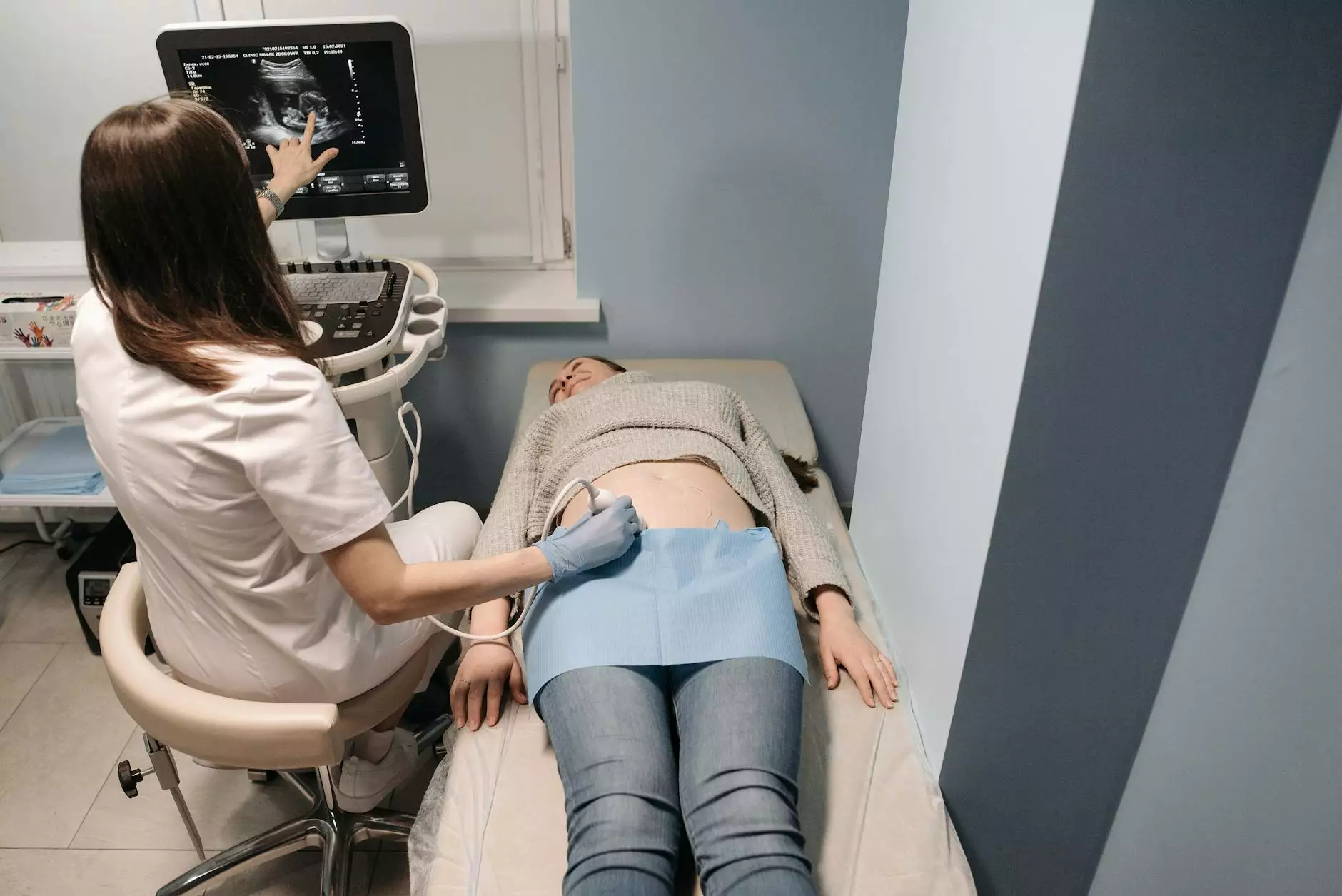Understanding and Managing DVT: Symptoms and Diagnosis

Introduction
Welcome to Vein Center of Arizona, a trusted name in the field of vascular medicine and your go-to resource for all matters related to DVT symptoms and diagnosis. Our team of highly experienced and skilled doctors is dedicated to providing top-notch healthcare services to help you manage and overcome Deep Vein Thrombosis (DVT).
The Significance of DVT
DVT, or Deep Vein Thrombosis, is a serious condition that occurs when a blood clot forms in a deep vein, most commonly in the legs. If left untreated, DVT can lead to complications such as pulmonary embolism, which can be life-threatening. Recognizing the symptoms and obtaining a timely diagnosis is crucial for effective management and prevention of potential complications.
Identifying DVT Symptoms
Understanding the common symptoms associated with DVT is essential in detecting the condition early on. The following symptoms may indicate the presence of DVT:
- Pain and swelling: The affected leg may experience pain, tenderness, or swelling.
- Warmth and discoloration: The skin around the clot may feel warm to the touch and appear red or discolored.
- Vein prominence: Visible veins or veins that appear larger than usual may indicate the presence of a clot.
- Leg fatigue: Persistent and unexplained fatigue or heaviness in the leg is another potential symptom of DVT.
Seeking Medical Assistance
If you experience any of the aforementioned symptoms or suspect you may have DVT, it is vital to consult with a medical professional promptly. At Vein Center of Arizona, our dedicated team of doctors specializing in vascular medicine possesses the expertise to accurately diagnose and provide tailored treatment plans to address your condition.
Accurate DVT Diagnosis
Accurate diagnosis is crucial in managing and preventing complications associated with DVT. Our medical experts employ the latest diagnostic technologies and techniques to evaluate DVT, such as:
- Ultrasound: This non-invasive procedure uses sound waves to create images of blood flow within the veins, allowing our doctors to detect the presence of clots accurately.
- Blood tests: Certain blood tests can assist in determining if there are any underlying clotting disorders or other factors that increase the risk of DVT.
- Venography: In selective cases, a specialized X-ray called venography may be employed to provide detailed images of the veins, helping in the diagnosis of DVT.
Comprehensive Treatment Options
At Vein Center of Arizona, we offer a wide range of comprehensive treatment options for patients diagnosed with DVT. Our bespoke treatment plans may include:
- Anticoagulation therapy: This therapy involves using medications to prevent the growth of existing clots and formation of new ones.
- Compression stockings: Wearing specially designed stockings can improve blood circulation and prevent swelling, reducing the risk of complications.
- Catheter-based procedures: In specific situations, minimally invasive procedures may be recommended to remove or dissolve the clot.
- Thrombectomy: Surgical removal of the clot may be necessary in severe cases when other treatment options are ineffective.
Preventing Future DVT Episodes
After successfully managing DVT, it is important to take precautions to prevent future episodes. Our doctors provide valuable guidance and recommendations to help you reduce the risk of DVT, including:
- Maintain a healthy lifestyle: Regular exercise, a balanced diet, and maintaining a healthy weight can significantly lower the risk of DVT.
- Avoid prolonged immobility: Whether during long flights or extended periods of sitting, moving around and stretching your legs can enhance blood circulation.
- Proper medication management: If prescribed anticoagulant medications, ensure you follow the dosage instructions carefully and attend regular check-ups.
- Undergo regular check-ups: Routine medical check-ups and screenings help identify potential risk factors or conditions that may lead to DVT.
Conclusion
When it comes to managing DVT, early detection, accurate diagnosis, and comprehensive treatment are essential. At Vein Center of Arizona, our team of doctors specializing in vascular medicine is dedicated to providing exceptional healthcare services to help you effectively manage DVT symptoms, minimize complications, and improve your overall well-being. Contact us today to schedule an appointment and take the first step towards a healthier future.
dvt symptoms diagnosis








